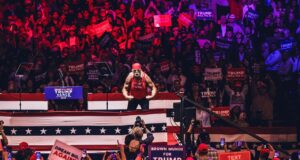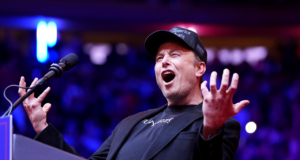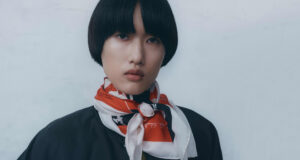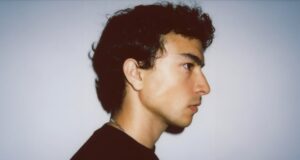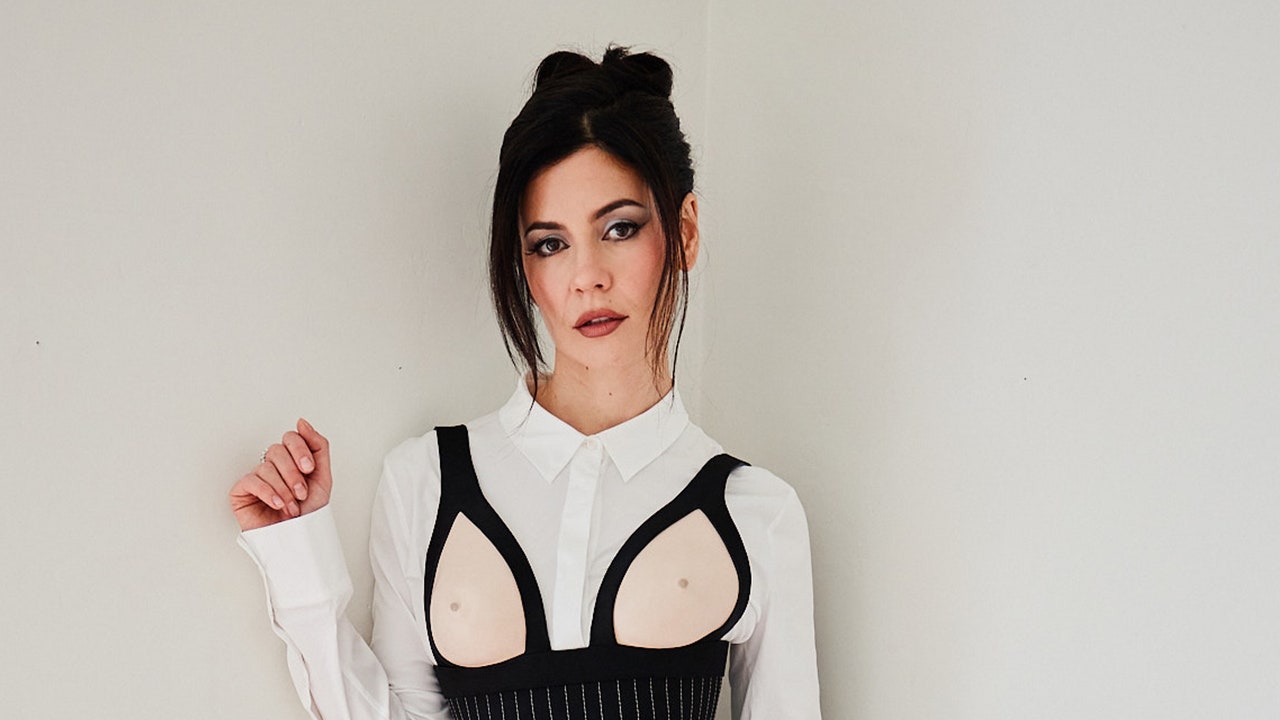
Marina Diamandis, the indie-pop singer-songwriter previously known as Marina and the Diamonds, has never been afraid to pursue alternative ventures. She’s dabbled in floral design, studied psychology, and launched a blog where she wrote about topics surrounding mental health. Now, she’s releasing her debut poetry collection, Eat the World (Penguin Life), out on October 29.
The book chronicles Diamandis’s late teens through her mid-30s, revisiting past wounds with her distinctive wit and the rich symbolism that is a cornerstone of her lyrical style. The collection blends introspection with storytelling, offering readers insight on her state of mind before fame and during much of her musical career.
“The first half of the book was over a monthlong period. I had done a shroom trip. I’ve done a bunch in my life, but for some reason, that one inspired me to start to write in a different way,” she recently told Vanity Fair. “I had quit social media for a minute, and I had a lot of stillness, which is a necessary place to write from for music and poetry. The rest of it was gradually done over a year. I would go back to old poems and try and make them appear differently on the page, and see how that affected how I read them.”
From her home in Los Angeles, Diamandis spoke to VF about the healing properties of poetry, her love of Eve Babitz, and her next record.
Vanity Fair: Before writing your own, did you read poetry?
Marina Diamandis: Honestly, not really at all. I think the only poetry I read was Dorothy Parker when I was reading her books around the Electra Heart period. I was gaining a lot of inspiration from her acidic wit. Now, I do read more. However, it’s a similar approach to music. Before I started writing songs, I was a very pedestrian listener of music. I had grown up in a small village in Wales, and my artists were Madonna and No Doubt. I didn’t know anyone, really, outside of the pop realm. I like doing things without having a prior assumption of how they should be written.
Is poetry now a regular part of your life?
Since the book, I have not wanted to write at all. I’m like, “Will I ever do another book again? I don’t know.” I really did enjoy it, and I do think I will write again, but I think I’m someone who can only focus on one project at a time. As soon as I finished the book, I started writing this next record, and I’ve been deep in that process since.
Are songwriting and writing poems different for you?
So different. I think a lot of people would probably be like, “You’re a lyricist by nature. Of course, you are going to do poetry.” But it’s so radically different. How I express myself in poetry is not based on elements of fantasy. It’s just very much like, “This is exactly what has happened to me.” I think because the format holds such freedom, it frees you up to express in a way that I couldn’t ever see happening with songwriting, which is really why I wrote this book. It wasn’t because I wanted to put a book out, or I wanted to get a publishing deal. It was just so enjoyable for me, and helpful accessing different parts of my memories that I hadn’t touched for many, many years.

